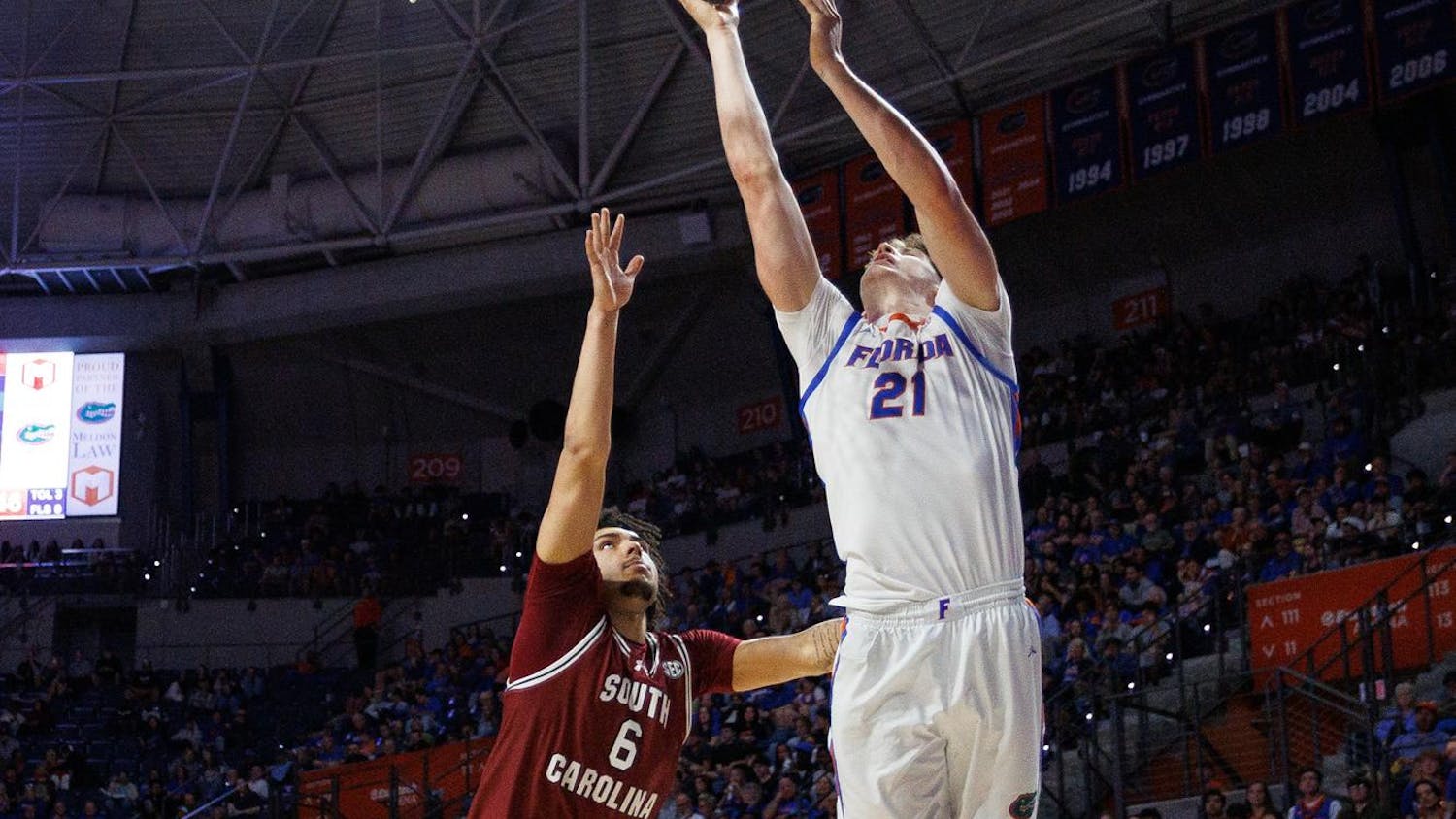Change. Momentum. Electability.
The presidential primary season has been inundated with buzzwords like these, abstract concepts with arguable significance that candidates and journalists have clung to.
But one cliche, the headline-hogging "superdelegate," has gained notoriety in the past months for two other reasons: how vital it is to the Democratic candidates, and how confusing it can be to the average voter.
Superdelegates - also known as unpledged delegates, as they can change their candidate allegiances at will - make up about 20 percent of the total number of delegates who will go on to determine the presidential nominee at the Democratic National Convention in August.
In other words, the popular votes from each state's primary make up only a part of the decision. One-fifth of the nomination is decided by a closed group of party elites.
Democratic candidate Barack Obama is a superdelegate. So is candidate Hillary Clinton, as well as her husband, former president Bill Clinton.
Former candidates Bill Richardson, Joseph Biden and Christopher Dodd, as well as former president Jimmy Carter and vice presidents Walter Mondale and Al Gore, are all privileged enough to get the magic vote.
So how does the Democratic Party choose who can become one?
According to the Democratic National Committee's Delegate Selection Rules, there are 719 named superdelegates so far, composed of all the country's Democratic members of Congress, governors, party leaders, former legislators and committee members, as well as a certain number of well-liked activists.
Later on in the year, the state parties will announce 76 additional superdelegates, bringing the total to 795.
But, of course, it's not that simple. If Florida and Michigan hadn't had their delegates revoked by the party for scheduling their primaries too early, 50 more superdelegates would be added to the total.
And don't forget that the eight superdelegates representing Democrats Abroad, the party's organization for American voters in foreign countries, get only half votes.
Huh? This whole superdelegate thing gets pretty confusing, pretty quickly.
One could say their power goes against the nature of democratic elections, which postures "one voter equals one vote."
One could say they hold too much weight; as a group, the 795 superdelegates have more votes than all the voters in California and New York combined.
And a true cynic could argue that any one superdelegate holds more power than the millions of people in Florida whose votes won't count toward the nomination.
"When you've got this many primaries and caucuses," said Allan Katz, a superdelegate and Tallahassee City Commissioner, "that ought to be the determiner of the contest, whether it's my guy or your guy."
Katz was granted the superdelegate vote when he joined the Democratic National Committee in 2004. However, due to Florida's punishment, he and other Florida superdelegates won't be allowed to use their votes in this election.
Although Katz admitted that the system "could go bad for the Democratic Party" if superdelegates had to vote against a candidate with a large following, he added that it's one of the only viable alternatives to a gridlocked candidate race.
Superdelegates are a relatively recent addition to the nominating process of the Democratic Party, which introduced them in 1982 as a way for influential party big shots to hold more sway.
Or, as Katz explained it, the convention was "such a cool party that, all of a sudden, everyone wanted to go."
As displayed by the 1984 presidential nomination of candidate Walter Mondale, who only had a slim lead before superdelegates secured his win, history shows that these delegates can have the power to decide the race.
That fact has scared some voters, who think the superdelegates could tip the scales toward one favored candidate.
However, Michael Martinez, a UF associate professor of political science, said the superdelegate system will most likely "not vault the second candidate into first place."
Instead, he said it will make it easier for party officials to choose a winner already in the lead.
"They're a good tiebreaker to have," Martinez said.
Obama and Clinton disagree on how the superdelegates should function.
On Friday, Obama told reporters that "it would be problematic for political insiders to overturn the judgment of the voters" if he won popular appeal.
Clinton, who has more support from superdelegates than her opponent according to Associated Press estimates, fired back the next day by saying the delegates "are by design supposed to exercise independent judgment."
Regardless of what position the candidates have taken, neither has relaxed in their efforts to win over the superdelegates' votes.
"Clearly, there's been a big move by both campaigns to get superdelegates on board with their candidates, but you would expect that," Katz said.
According to an online running tally of superdelegates coordinated by The Politico, a political news source founded by former Washington Post employees, Clinton's campaign has been promised about 90 more superdelegates than Obama's.
But the superdelegate statistics are fuzzy for several reasons.
Media outlets like The New York Times and the Associated Press disagree on the exact numbers. Superdelegates can change their minds at any time before the convention. And more than 300 superdelegates are still uncommitted, undecided or staying quiet.
The system has also produced some strange results. According to AP reports, Maryland has three times as many superdelegates planning to vote for Clinton than Obama, even though he won the state with about 60 percent of the vote.
But although the system has its quirks, Zach Moller, the president of the UF College Democrats, said the superdelegates could serve as a vital fallback in the case that the race is undetermined at the end of the primary season.
"If we didn't know by June, then who is going to decide anyway?" Moller said. "At some level, the decision has to be made."





